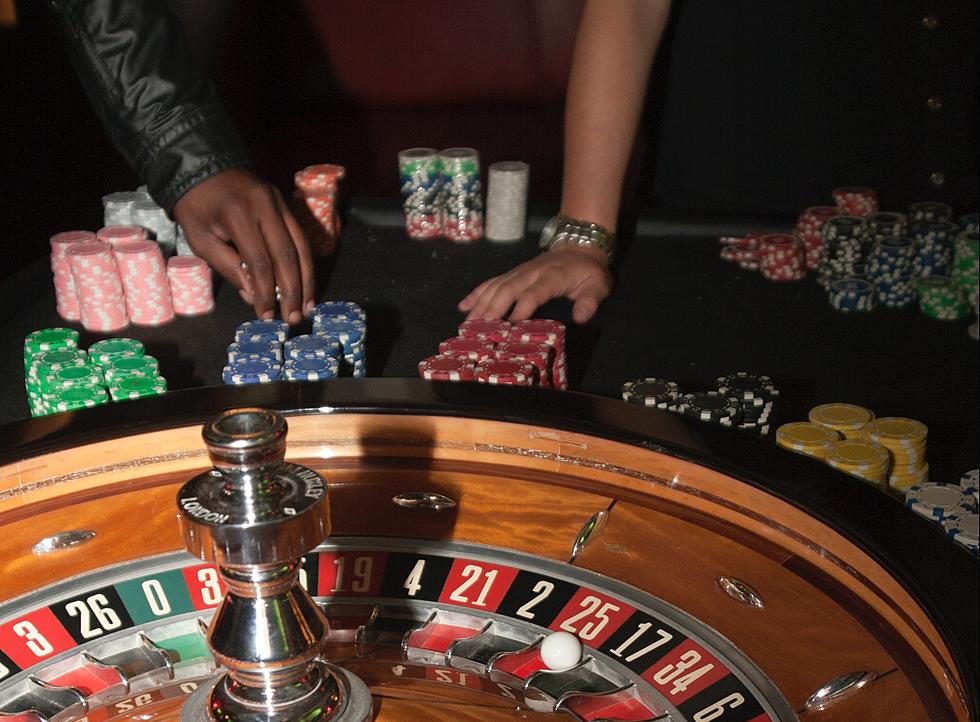In the world of gambling, in which chance and strategy converge, a unique tapestry of beliefs unfolds—one that braids luck, fate, and the enigmatic nature of casino games. Casinos, bustling with excitement and anticipation, are not just places for placing bets; they are also arenas in which superstitions thrive. From the novice player to the seasoned gambler, these mysterious practices often shape how individuals approach the games they play, holding the belief that their actions can affect the outcome in ways that go beyond mere probability.
When players gather around roulette wheels, blackjack tables, and slot machines, the atmosphere is thick with stories of lucky charms, rituals, and codified behavior that defy logic yet provide a sense of comfort. Whether it’s wearing a specific outfit, following a particular sequence of bets, or even avoiding certain numbers, the attachment to various superstitions reflects a deep-rooted desire to manipulate the uncontrollable. This article delves into the captivating world of casino game superstitions, investigating the beliefs that simultaneously entertain and mystify those who dare to play.
Historical Origins of Superstitions
Gambling games have long been entwined with an host of superstitions that go back to primitive cultures. The roots of these ideas can be linked to humanity’s innate wish to manage the unpredictable outcomes related with fortune and randomness. In ancient civilizations, activities of uncertainty were often linked to ritualistic practices. Players would call upon favor or seek favor from deities, believing that their actions could influence the results in their advantage. This foundation laid the foundation for the myriad of superstitions that spread as casino games evolved over ages.
During the medieval period, betting became a common hobby across Europe, and with it, a diverse tapestry of superstitions emerged. Participants adopted different rituals and charms, believing they could change the consequences of games. The importance of digits, in particular, began to appear in superstitions around card games and dice. The number seven was often considered lucky, while other numbers carried unfortunate connotations. These ideas mirrored the societal contexts of the time, evolving as they passed through generations and adapted to emerging gaming environments.

As casinos appeared in the 1600s, particularly in the Italian peninsula and the French nation, the atmosphere surrounding betting became imbued in enigma. The growing accessibility of gambling activities allowed for the dissemination and diversification of superstitions among players. Concepts like charmed charms, specific seating arrangements, and rituals gained prevalence, creating a unique culture within gambling establishments. As these traditions continued to thrive, they became integral to the character of casino games, illustrating how the past and society shape the notions that influence how participants interact with chance.
Common Casino Superstitions
Beliefs surrounding gambling activities are abundant and diverse, mirroring the hopes and anxieties of gamblers as they participate in random games. One of the most prevalent beliefs is that certain numbers bring luck or bad luck. For example, the digit 7 is often seen as a lucky digit, frequently embraced by gamblers looking for a favorable result. Conversely, the digit thirteen is routinely considered unlucky, leading many gamblers to avoid it during their gaming sessions.
Another common superstition relates to rituals that gamblers believe can affect their odds. Whether blowing gently on the dice before a roll, using a particular hand to place a wager, or even putting on particular items of attire, many individuals feel that these actions can tilt fate in their benefit. These practices offer a feeling of power in an otherwise random environment, reinforcing the idea that fortune can be manufactured through personal convictions and customs.
Finally, the environment and atmosphere of the casino itself contributes to superstition. Many players suggest that the presence of certain symbols, such as four-leaf clovers or lucky coins, can enhance their chances of winning. Additionally, gamblers might hold to the notion that winning streaks can be halted by mundane events, such as someone passing by or a accident at the table. The shared environment in a gambling house can amplify these beliefs, creating a shared culture of superstitions that transcends individual experiences.
Impact of Superstitions on Players
Superstitions play a crucial role in the mindset of casino players, often influencing their behavior and decision-making. A lot of gamblers believe that luck can be manipulated through various rituals, such as donning a talisman, selecting specific colors, or avoiding certain numbers. This dependence on superstitions can create a sense of authority in an environment that is inherently unpredictable. Players often feel more confident and involved when they feel that their actions could sway the result of a game in their advantage.
The impact of these superstitions extends past individual players, affecting the overall atmosphere within the casino. For example, a player who holds the belief in the luck of a certain slot machine might draw a gathering, as others are intrigued by their apparent luck. This collective belief can amplify excitement and create a dynamic environment, leading to an interesting experience even for those who may not necessarily be superstitious. game bài The buzz around specific games can lead to higher participation and longer playing sessions, supporting the casino’s lively social scene.
In some instances, superstitions can lead to harmful effects for players. Depending too much on rituals can result in poor gambling decisions, as some may overlook basic strategies in favor of baseless beliefs. Additionally, the stress to perform rituals may heighten anxiety and tension, detracting from the enjoyment of the experience. Ultimately, while superstitions can enhance the excitement of playing casino games, they can also lead to foolish choices that overshadow the enjoyment and amusement intended in the casino experience.